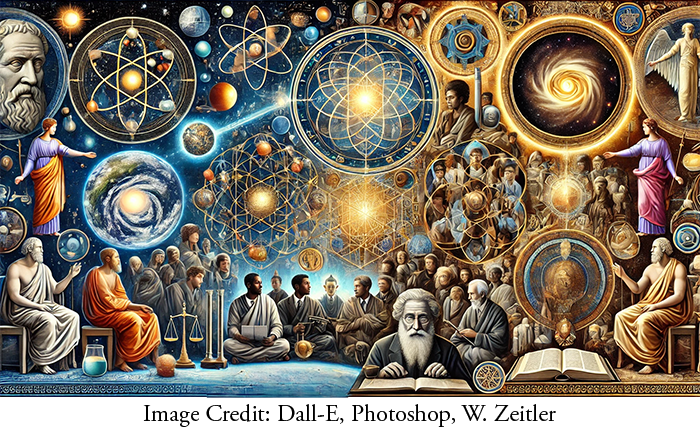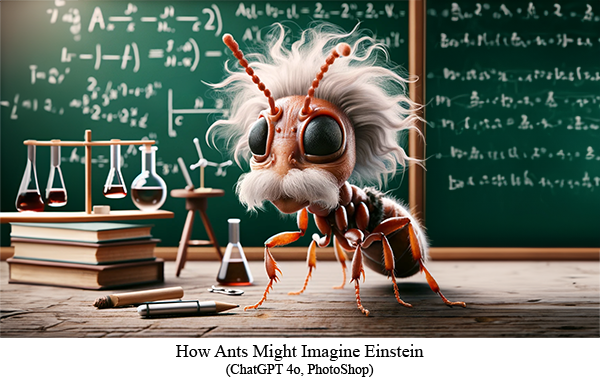In an age where science has unraveled the mysteries of the cosmos, offering us unparalleled knowledge about the physical world, we find ourselves grappling with a profound question: how do we use this knowledge wisely? The distinction between knowledge and wisdom has never been more crucial. While science provides us with facts and understanding, wisdom guides us in applying this knowledge ethically and meaningfully.
The Origins of Philosophy: A Dual Quest for Understanding and Ethical Living
To explore the roots of wisdom, we turn to the origins of philosophy, particularly the pre-Socratic thinkers — Greek philosophers who preceded Socrates (c.470 – 399 BCE). These early philosophers were not only pioneers of rational inquiry but also ardent seekers of ethical living. For them, understanding the cosmos was intrinsically linked with living a virtuous life. Figures like Pythagoras and Heraclitus delved into the nature of reality and human existence, proposing that true wisdom involved a harmonious balance between knowledge and ethical action. (more…)



